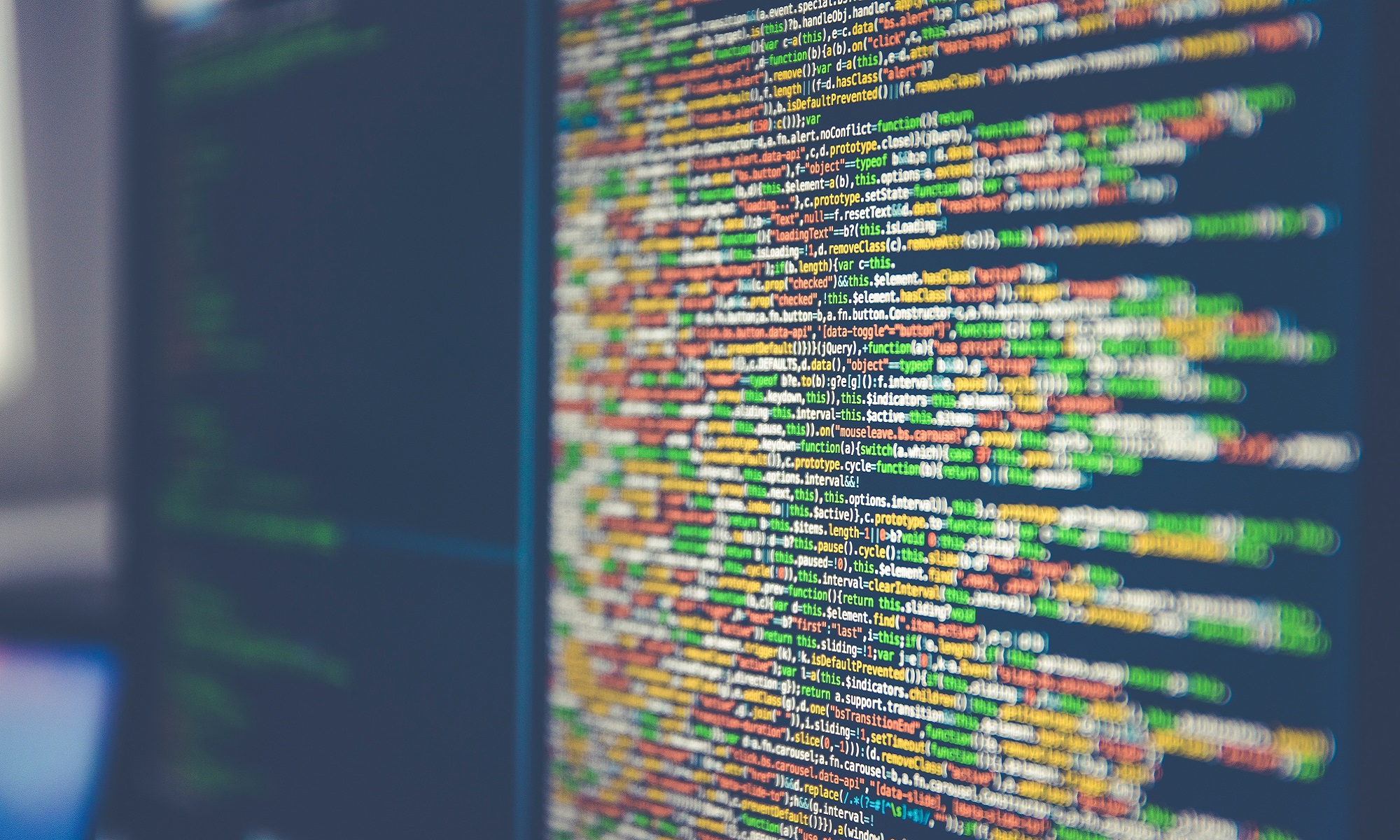“technology sufficiently advanced is indistinguishable from magic.” Arthur C. Clarke
ChatGPT is the center of so much controversy today and brings excitement and concern. Some people see a world of possibilities, while others see a world of dangers. I see both worlds happening simultaneously, but more importantly, I think this dilemma has a deeper meaning that reflects a potential issue in the way science and knowledge have been approached for a long time. Curiously, people are now concerned about the ethics, transparency, interpretability, morals, conscience and values of these new machines and the people using them. However, it seems paradoxical that these characteristics correspond to the metaphysics that was rejected when we adopted the “enlightenment” agenda a few centuries ago, in which Descartes was one of the essential proponents and some of his ideas behind the current mindset of today’s positivist scientific inquiry.
This contrast made me realize a few historical trends. In the ancient world and middle ages, being itself was truth. Things were because they were thought. God, pure intellect, made things by thinking them; hence all beings are therefore thought into being. Because of that we can think about our own being, know something about it and discern what was supposed to be our role in this world. This concept was considered the wisdom we wanted to attain and the purpose of science. Also, it is important to note that, from such a perspective, man’s work was considered secondary, contingent, transitory and never considered real cognition but only “techne”, manual skills and no real science. Only later, with Descartes and others, knowledge is redefined as the things that we can explain with mathematics and what can be made: the facts. Knowledge becomes only what can be explained, observed and causes understood, and hence it is basically the call for the death of the metaphysics that, curiously, we are trying to resurrect now in an interesting contradiction to what seems to be the agenda of the advocates of positivism and the new “scientific” community. Another important consequence of this period is that man is reduced to a mere historical event, a product of a sequence of historical steps that, supposedly, could be totally described and explained eventually.
The situation gets even more challenging when philosophers like Carl Marx propose even a more aggressive agenda. Marx offers that it is not enough for man to know what he made or understood, but he needs to change it. The truth with which man is concerned is not the truth of being, nor even the truths of what he has made or the deeds he accomplished but the truth of changing and molding the world to his desires. A truth based on change and action. Technology, in this scenario, becomes the primary tool to get to that supposedly truth and purpose of man. What has been done is giving entry to what can be done. Man is no longer satisfied with what he is or has done; he needs to change it. And that is the new agenda.
In this new paradigm, technology is no longer a subordinate, but it is the primary focus for the realization of man’s purpose: an ever-changing world based on repeatable facts that could be fully understood as long is subject to experimentation and in which man is just another experimental subject in the physical reality we need to understand and change.
I believe that these recent AI concerns are representative of an underlying cry for a reconsideration of the “change” agenda today. We need to recover the wisdom of studying what it means to be a human first and not just change it for the sake of progress. This scenario implies opening our minds to the possibility that Intelligence and Consciousness are not merely properties of matter but the properties of a soul. A soul that was thought into existence by God. Finally, we will be surprised that we might not need Artificial General Intelligence (AGI) to find the purpose of man, but just a good, simple, and natural intelligence to focus on the question of what we are and not on what we can do.
